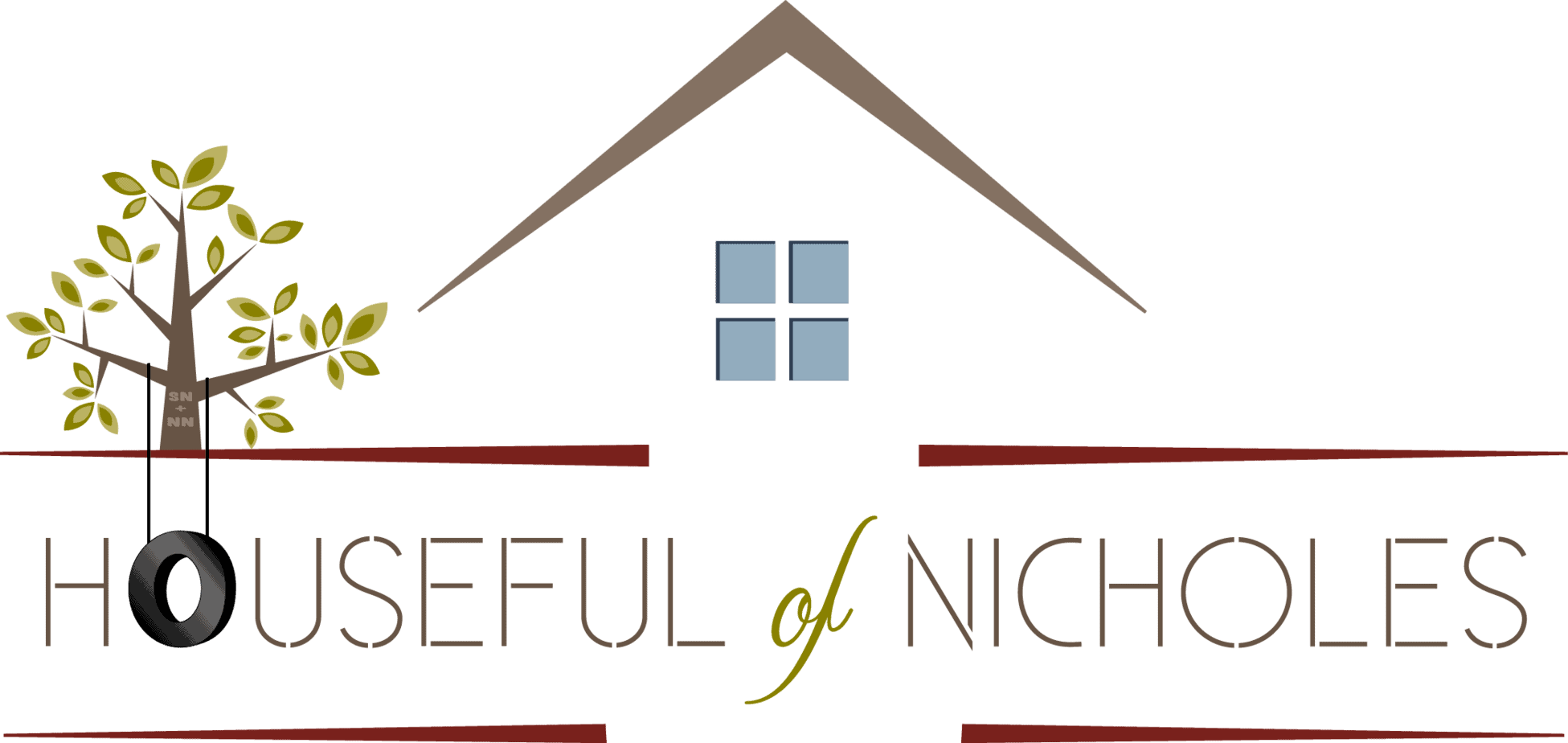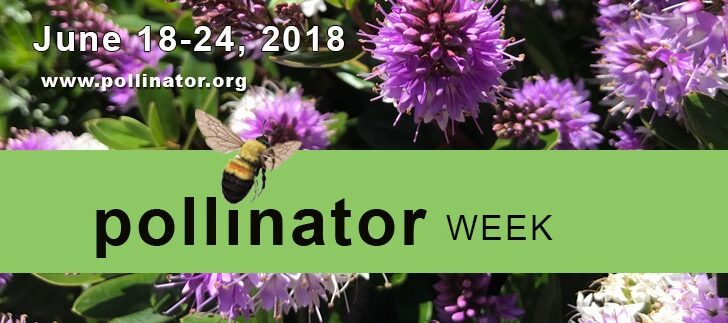If you've been around these parts for a while, you'll know that the garden and all of the garden helpers in the world are important to me. Well, almost all of them. Flies are still debatable, but even THEY have a place this week, because it's National Pollinator Week, and we want to make sure you're doing everything you can to save the fire dumpster of a world we're living in. At least we should be able to eat, right? Well, we need to thank the bees, the wasps (even if they aren't hairy enough) the butterflies, and even the *barf* flies.
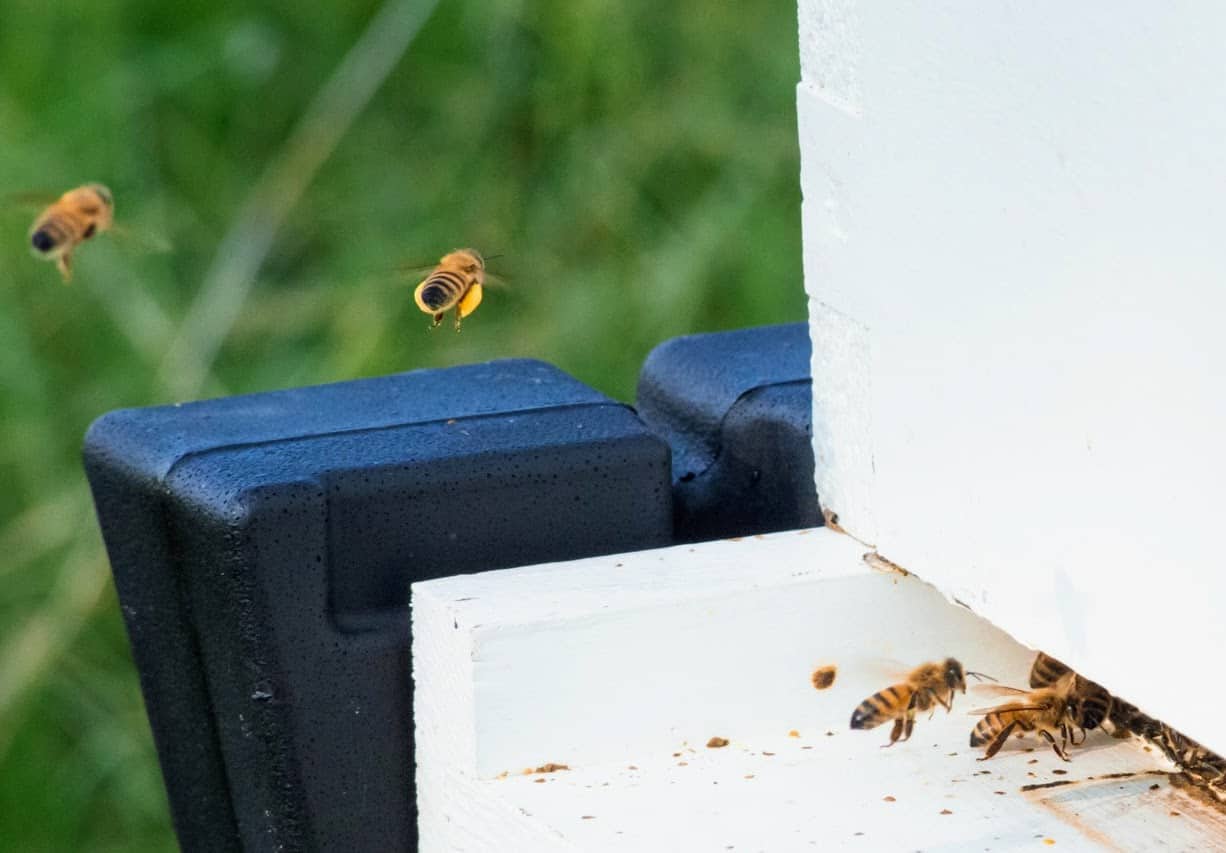
Last year, I had the pleasure of traveling down to St. Louis Missouri to spend time with the head beekeeper on Monsanto's campus. Yes, Monsanto - which isn't going to be Monsanto any longer - and the experience was pretty wonderful. We learned about beekeeping in general and dressed in beekeeping gear, and were even able to smoke out the beehives so we could get a closer look at the honeycomb. The experience was one that I won't soon forget, and I came to appreciate the flying anomalies.
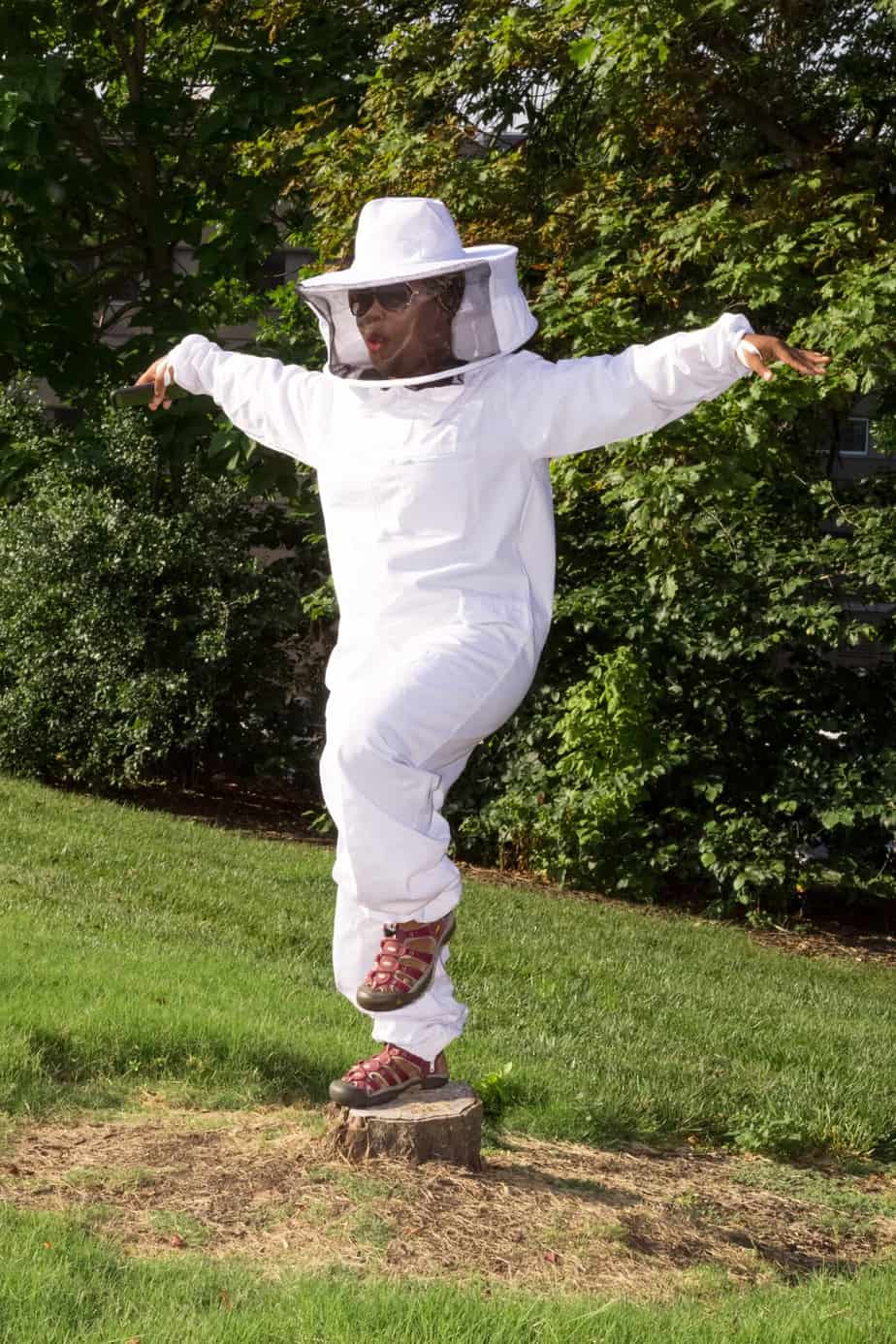
We took our learning to another level as a family when we visited the Minnesota State Fair, and toured the Building of Agriculture Sciences. The ladybug really got into character, and took every photo opp she could.
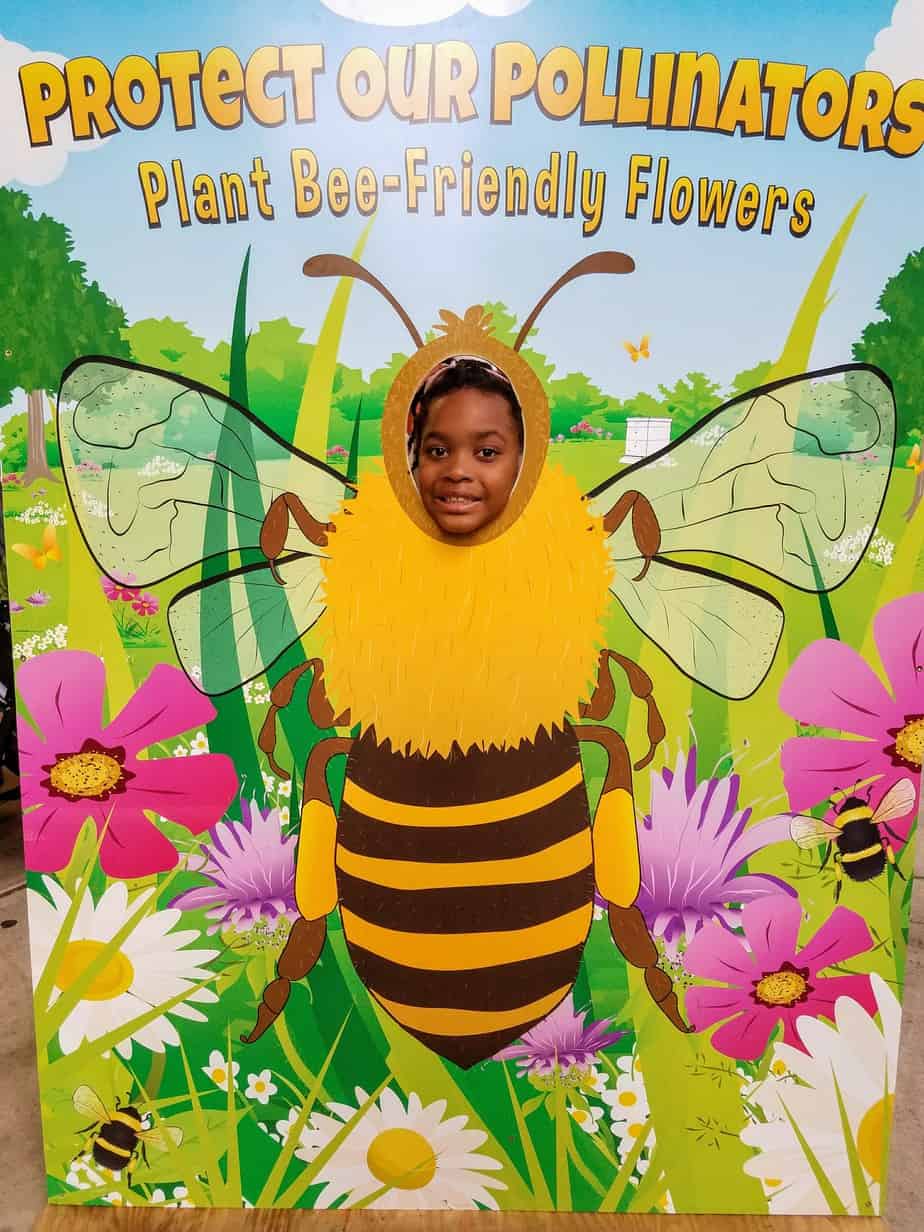

Cross-pollination helps at least 30 percent of the world's crops and 90 percent of our wild plants to thrive. Without bees and other pollinators to spread seeds, many plants—including food crops—would die off. By planting vegetables and pollinator gardens, you're really encouraging these little beings to help you EAT.
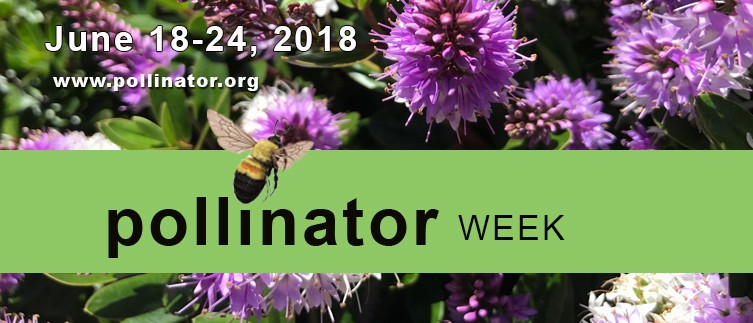
Think about that for a minute. We wouldn't be able to eat without pollinators. Our life, actually depends on them being able to do their jobs. So what can you do? Plant pollinator gardens - also known as butterfly gardens, help them get the nutrients they need, while they do the jobs that we need them to do. It doesn't take much, and it will add another level of beauty to your garden, your neighborhood, and your community. And we know that we are all the best movers and shakers for the community possible, right?
If you're still having a bit of trouble with your garden, you're more than welcome to join our gardening community on Facebook, where there is someone to answer your questions every day!
